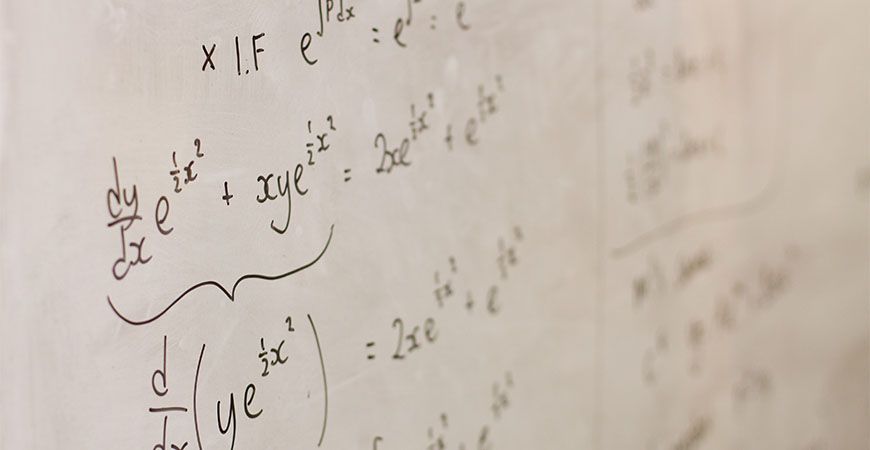Course Summary
Students with a particular interest in mathematics can choose to take a second A Level in maths called Further Maths, with some choosing this as a fourth A Level. Further Mathematicians, as well as learning additional compulsory topics in pure maths such as complex numbers and proof by induction get a choice of studying further statistics, mechanics or decision maths. Many topics will require students to apply their knowledge to solving real world problems such modelling the motion of a diving board as a second order differential equation.
Students who do not need a full A Level in Further Maths but are interested in going beyond A Level Maths can follow the course for the first year in order to obtain an AS qualification in the subject.
Careers / Progression
Mathematicians are highly employable in a wide range of fields. They are valued for their problem solving and analytical skills. An A Level in Further Mathematics is acceptable as an entry qualification for the vast majority of college and university courses in just about any subject. It is required by many university maths courses and is ‘highly desirable’ as at least an AS for some science and economics courses.
Entry Requirements
Grade 8 in Maths. Students must also take A Level Mathematics as a separate option.
Examination Board
Assessment
|
Component |
Marks |
Content |
|
Core paper 1 |
75 |
|
|
Core paper 2 |
75 |
|
|
Option Paper 1 |
75 |
|
|
Option Paper 2 |
75 |
|
Careers / Progression
Mathematicians are highly employable in a wide range of fields. They are valued for their problem solving and analytical skills. An A Level in Further Mathematics is acceptable as an entry qualification for the vast majority of college and university courses in just about any subject. It is required by many university maths courses and is ‘highly desirable’ as at least an AS for some science and economics courses.

